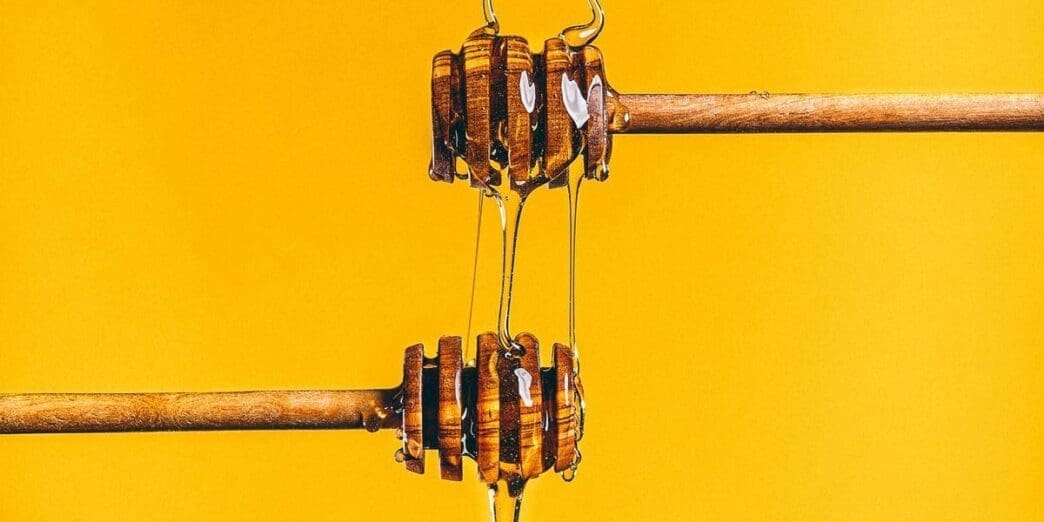In a significant legal move, content creators have initiated two class-action lawsuits against PayPal, targeting its Honey browser extension over alleged unfair affiliate practices.
These class-action lawsuits filed in the US District Court in Northern California allege that the Honey browser extension, which is designed to find coupons for online shoppers, disrupts the earnings of content creators by improperly taking credit through affiliate marketing. This action raises the broader question of what constitutes fair play within the competitive affiliate marketing sector.
Affiliate marketing has become a pivotal part of e-commerce, where content creators earn commissions by influencing purchases. Honey, as an affiliate marketing tool, earns revenue by taking a cut on sales when users access a deal it locates. The conflict arises over a practice known as last-click attribution, where the entity associated with the final click before a purchase is credited for the sale. The creators argue that Honey manipulates this system by taking undue credit, even in instances where no coupon is found, resulting in a loss of income for creators.
Devin Stone, a counsel representing one group of plaintiffs and known for his YouTube channel, LegalEagle, articulated that Honey claims referral credit without genuine contribution to the sale. The lawsuits seek not only damages but also injunctive relief, compelling Honey to revise its affiliate marketing tactics. A win for the plaintiffs may encourage other affected creators to join the lawsuit.
Despite the allegations, a spokesperson for Honey insists that the company operates within industry norms, including last-click attribution, and plans to vigorously defend against the claims. They assert that Honey continues to benefit both consumers and merchants by providing savings and reducing shopping cart abandonment.
Robert Freund, an expert in advertising and e-commerce law, points out the difficulties creators face in challenging the legality of last-click attribution, emphasizing that while the process may seem unfair to some, it is not necessarily illegal. This viewpoint introduces a complex layer to the legal battle, suggesting a challenging road ahead for the plaintiffs.
Meanwhile, Honey’s relationship with the creator community has been strained, especially after criticisms from popular YouTubers such as MegaLag, Marques Brownlee, and Hank Green. These influencers have publicly condemned Honey’s practices, which could impact Honey’s influencer-driven marketing strategy. Even if Honey successfully defends itself, it might need to reassess how it interacts with creators to mend these relationships.
The outcome of these lawsuits could set a precedent for affiliate marketing practices and influence the dynamics between online creators and digital platforms like Honey. As this legal confrontation unfolds, the stakes are high for both content creators and PayPal.
Source: Businessinsider ˙ Youtube








